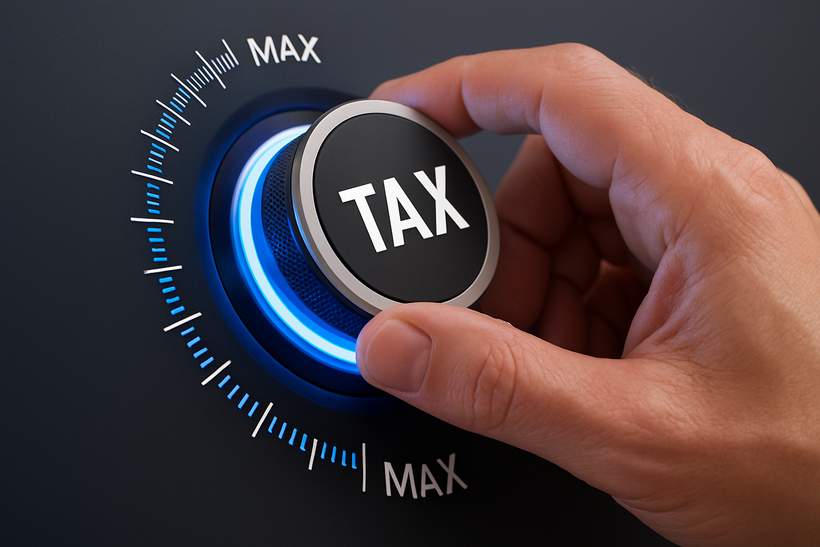EY Report Highlights Risks of Increasing Gambling Taxes in the UK

Concerns Raised by the Betting and Gaming Council
The Betting and Gaming Council (BGC) in the UK has issued a warning regarding proposed tax increases on gambling activities. The council cautions that raising these taxes could lead to the loss of thousands of jobs and harm the broader economy. They urge the government to focus on maintaining a thriving industry rather than seeking immediate financial gains.
Economic Risks Outlined in EY’s Independent Report
Referencing an independent study conducted by EY, commissioned by the BGC, the report outlines the potential negative impacts of tax hikes suggested by the Social Market Foundation (SMF) and the Institute for Public Policy Research (IPPR). According to EY, these changes could endanger up to 40,000 jobs and reduce the UK economy by an estimated ��GBP 3.1 billion. Furthermore, the report warns that these tax policies may push approximately ��GBP 8.4 billion worth of bets toward illegal black market operators.
Experts highlight that the increased tax revenue predicted by proponents of the changes is likely to be overstated and that the actual financial gain for the government would be limited.
The BGC underscores the value of a prosperous gambling sector, noting that its members contribute significantly to the UK economy, including ��GBP 6.8 million in economic contributions, ��GBP 4 million in taxes, and support for around 109,000 jobs across major cities such as Stoke-on-Trent, Manchester, Leeds, Nottingham, Sunderland, and Warrington.
The council warns that the proposed tax hikes threaten the stability and growth of this important industry.
Detailed Impact of the Proposed Tax Increases
The SMF and IPPR have recommended raising current gaming taxes, which stand at 21% for online gaming, 15% for sports betting, and 20% for machine gaming. Their proposals suggest increasing online gaming taxes to 50% and sports betting taxes to 25%.
EY’s analysis indicates that the SMF’s suggestions could result in the loss of approximately 30,200 jobs and a ��GBP 2.5 billion economic downturn. Additionally, it would drive ��GBP 8.1 billion toward unregulated black market betting.
The IPPR’s proposed changes appear even more severe, potentially causing 40,000 job losses and reducing the sector’s economic output by ��GBP 3.1 billion, along with diverting ��GBP 8.4 billion to illegal markets.
EY also challenges the IPPR’s prediction of ��GBP 3.2 billion in additional tax revenue, suggesting the actual short-term increase may be closer to ��GBP 1 billion after considering economic losses.
The report notes that neither think tank has adequately accounted for the effects of recent white paper proposals on the industry.
EY projects a modest industry growth rate of about 4% from 2023 to 2026, contrasting with the more optimistic 31% growth forecasted by SMF and IPPR.
BGC CEO Calls for Balanced Regulation
Grainne Hurst, CEO of the BGC, stated that the data clearly illustrates the risks associated with raising gambling taxes. She stressed that such increases would offer only short-term government revenue gains while damaging the wider British economy. Instead, Hurst advocates for balanced regulation and a stable taxation framework, criticizing the SMF and IPPR proposals as contrary to these principles.
Hurst urges the government to support and recognize the strength of the UK’s gambling industry, which she describes as one of the best globally.
The choice is clear: support a prosperous, sustainable, and regulated British gambling sector, or face the consequences of job losses, decreased investment, and stunted growth.
Grainne Hurst, CEO, Betting and Gaming Council
The BGC’s warnings come shortly after gambling operators expressed concerns that higher taxes would severely impact their businesses.